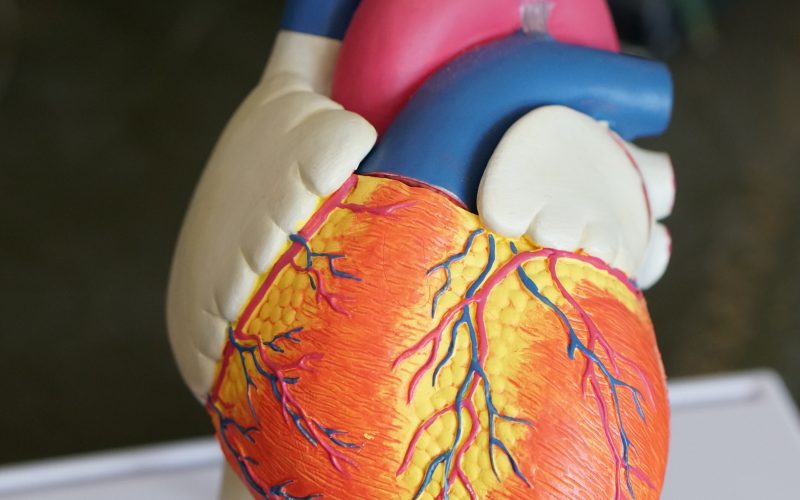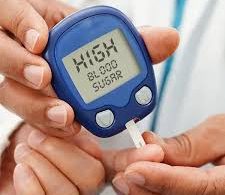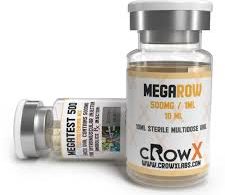Have you ever heard the phrase “trust your gut”? It turns out that there might be more truth to it than we thought. Recent research has shown that our gastrointestinal tract, also known as the “second brain,” has a direct impact on our mental health and well-being. The connection between our gut and brain is complex and fascinating, revealing just how interconnected our bodily systems are. In this blog post, we’ll explore the gut-brain connection in depth, including how your digestive system affects your mental health, the benefits of having a healthy gut, and even some surprising links to conditions like ADHD. Get ready to learn about a whole new way of thinking (and feeling) with this informative guide on the incredible world of the gut-brain connection!
What is the gut-brain connection?
The gut-brain connection refers to the communication between the gastrointestinal tract and the central nervous system. This is achieved through a complex network of nerves, hormones, and chemicals that allow our digestive system to influence our emotional state.
The gut has its own set of neurons, known as the enteric nervous system (ENS), which can function independently of the brain. However, there are also strong connections between these two systems that allow them to communicate with each other in real-time.
One way this happens is through the production of neurotransmitters by cells in both systems. For example, serotonin – a hormone associated with mood regulation – is produced both in the brain and in cells lining the digestive tract.
Additionally, inflammation or imbalances within one system can affect the other. Chronic stress or poor diet choices can cause damage to our gut microbiome (the collection of bacteria living inside us) leading to inflammation and changes in hormone levels that negatively impact mental health.
Understanding how these two systems interact can help us make better lifestyle choices for optimal physical and mental well-being.
How does your digestive system affect your mental health?
The idea that our gut and brain are connected might seem surprising. However, research has shown that the two work closely together, with the state of our digestive system impacting how we feel mentally.
Firstly, neurotransmitters like serotonin, which is often referred to as the “happy hormone,” are produced in the gut. In fact, around 90% of serotonin is made in the digestive system. Therefore, any issues with digestion can disrupt its production and lead to feelings of anxiety or depression.
Secondly, inflammation in the gut caused by poor diet or stress can also affect mental health. Studies have found a link between chronic inflammation and conditions such as depression and Alzheimer’s disease.
Thirdly, an unhealthy microbiome – made up of trillions of bacteria living inside us – can also impact mental health. Recent studies suggest that certain types of gut bacteria may play a role in regulating mood.
In summary, it’s clear that there is a close relationship between our digestive system and mental health. Taking care of our gut through healthy eating habits and probiotics could help improve both physical and psychological well-being.
The benefits of a healthy gut
A healthy gut can provide numerous benefits for your overall health, including mental health. When your digestive system is functioning properly, it allows for the optimal absorption of nutrients and elimination of waste products. This helps to reduce inflammation in the body and promote a healthier immune system.
A healthy gut can also improve your mood and energy levels. The bacteria in your gut produce neurotransmitters such as serotonin, which plays a crucial role in regulating mood and sleep patterns. A balanced microbiome can help to reduce symptoms of depression and anxiety.
In addition, a healthy gut has been linked to better cognitive function and improved brain health. Studies have shown that individuals with Alzheimer’s disease often have imbalanced gut flora, indicating a potential link between the two conditions.
Maintaining a healthy gut involves incorporating fiber-rich foods into your diet such as fruits, vegetables, whole grains, beans and legumes while avoiding processed foods high in sugar or unhealthy fats. It’s also important to stay hydrated by drinking plenty of water throughout the day.
Taking care of your digestive system through proper nutrition and hydration can lead to numerous benefits for both physical and mental health.
Probiotics and mental health
Probiotics are live microorganisms that can have beneficial effects on the body, particularly in improving gut health. However, recent studies have shown that probiotics may also play a role in promoting mental health by influencing the gut-brain axis.
The gut microbiome, which is made up of trillions of bacteria and other microorganisms, plays an important role in regulating brain function and mood. Probiotics can help to improve the balance of these microbes by introducing beneficial strains into the gut.
Research has shown that certain strains of probiotics can be effective in reducing symptoms of anxiety and depression. One study found that participants who took a combination of Lactobacillus helveticus and Bifidobacterium longum for four weeks had significantly reduced levels of psychological distress compared to those who took a placebo.
While more research is needed to fully understand the relationship between probiotics and mental health, there is growing evidence to suggest that incorporating these supplements into your diet could have potential benefits for both your physical and mental well-being.
It’s important to note that not all probiotic supplements are created equal, so it’s crucial to choose high-quality products from reputable brands. Additionally, it’s always best to speak with your healthcare provider before starting any new supplement regimen.
The gut-brain connection and ADHD
The gut-brain connection has been linked to several mental health conditions, including Attention Deficit Hyperactivity Disorder (ADHD). ADHD is a neurodevelopmental disorder that affects both children and adults. The symptoms of ADHD include inattention, hyperactivity, and impulsivity. Research suggests that there may be a link between the gut microbiome and the development of ADHD.
One study found that children with ADHD had lower levels of certain beneficial bacteria in their guts than healthy children. Another study found that supplementing with probiotics improved some symptoms of ADHD in both children and adults. While more research is needed to understand the exact mechanisms behind this relationship, it’s clear that there is a connection between gut health and brain function.
Interestingly, some researchers believe that inflammation caused by imbalances in the gut microbiome could contribute to the development of ADHD. Inflammation has been linked to several other mental health conditions as well.
While more research is needed to fully understand how exactly improving gut health can improve symptoms of ADHD, it’s clear that taking care of your digestive system can have far-reaching benefits for your overall wellbeing. If you or someone you know struggles with ADHD or another mental health condition, consider discussing potential dietary changes or supplementation options with a healthcare provider.
Conclusion
The gut-brain connection is a fascinating and complex topic that highlights just how interconnected our bodily systems are. By nurturing our digestive health, we can positively impact our mental health and overall wellbeing.
Incorporating probiotics into your daily routine, eating a healthy and balanced diet, reducing stress levels through exercise or meditation, and seeking medical advice when needed are all steps you can take to support your gut-brain connection.
Remember that everyone’s body is different, so it’s important to listen to your own needs and make adjustments accordingly. By prioritizing your digestive health, you may find yourself feeling happier, more focused, and better able to handle life’s challenges with ease. So go ahead – nourish that gut of yours!












